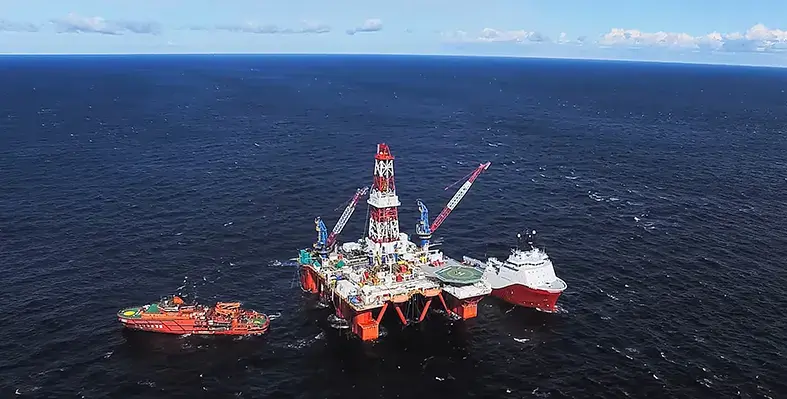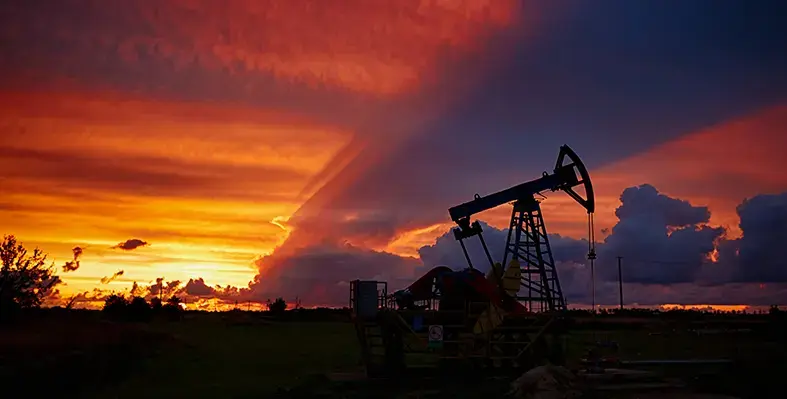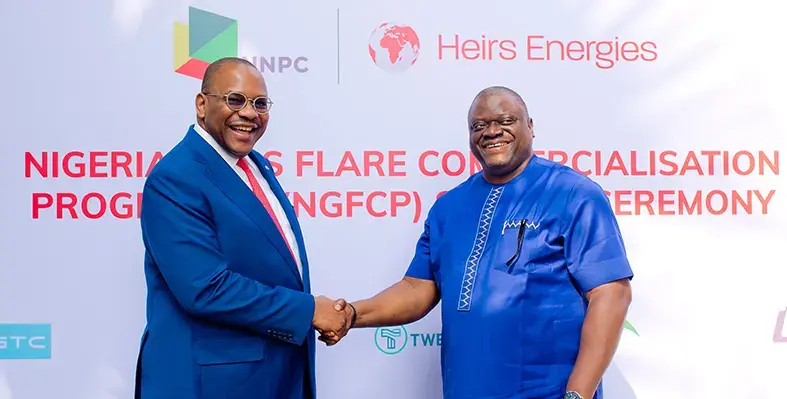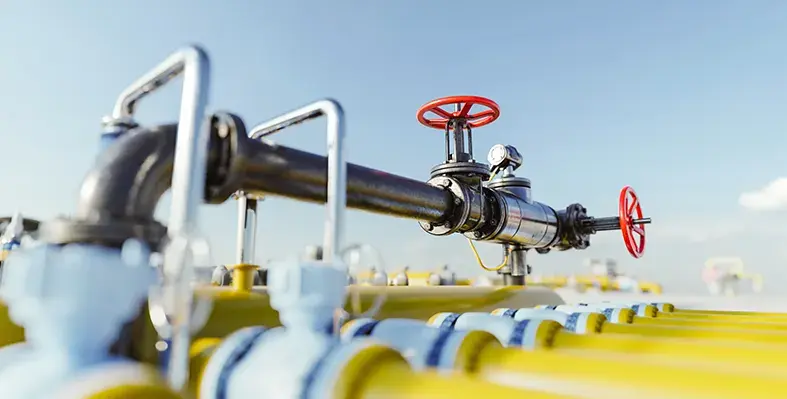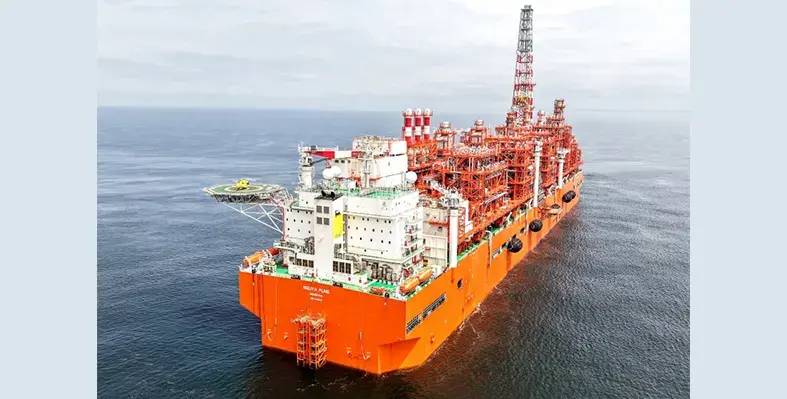Following Coral South, Mozambique's second floating liquefied natural gas project, Coral North development, is ready for engineering, procurement, construction, and installation work in water depths of approximately 2,000 m
As TechnipFMC will be delivering the contract, the company's president-subsea,Jonathan Landes, said, “We are excited to once again work with Eni and their consortium partners in Mozambique. We will leverage our experience gained from the successful delivery of Coral South—the world’s first FLNG project in ultradeep water—by replicating our proven playbook with an enhanced approach.”
The contract will require TechnipFMC to manufacture and install flexible flowlines and risers, alongside subsea manifolds and umbilicals.
TechnipFMC has secured the contract from the project's operator, Eni, who reached the final investment decision of the Coral North project in October this year, and aims delivery by 2028.
While Eni is leading the venture with a 50% share, other partners include CNPC (20%), Kogas (10%), ENH (10%) and ADNOC-subsidiary XRG (10%). Eni will be investing on the development of a state-of-the-art floating LNG facility in the Rovuma Basin, where it will be generating gas volumes from the northern part of Area’s 4 Coral gas reservoir.
The Coral North development follows the success of the Coral South project, which effectively continues to be in production.






